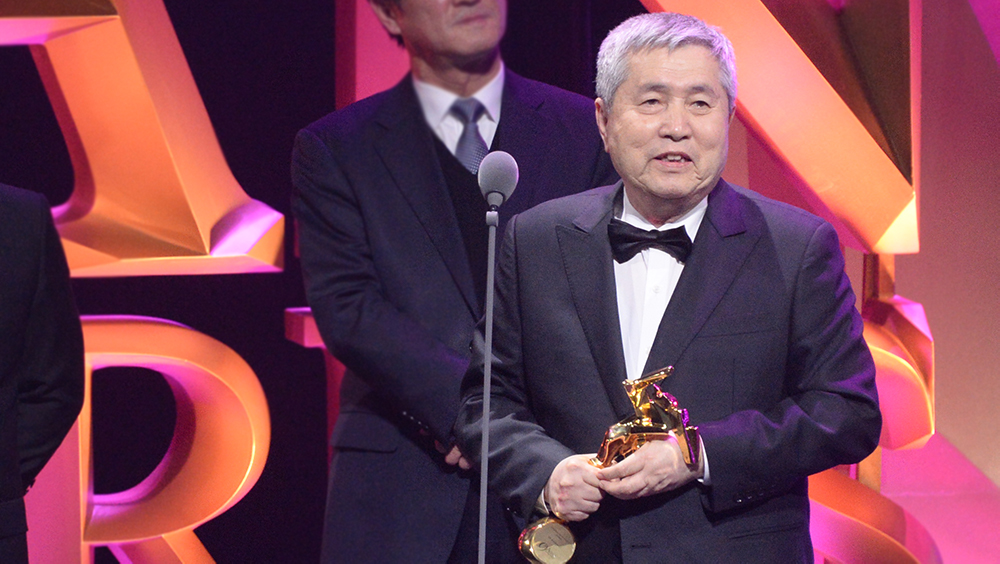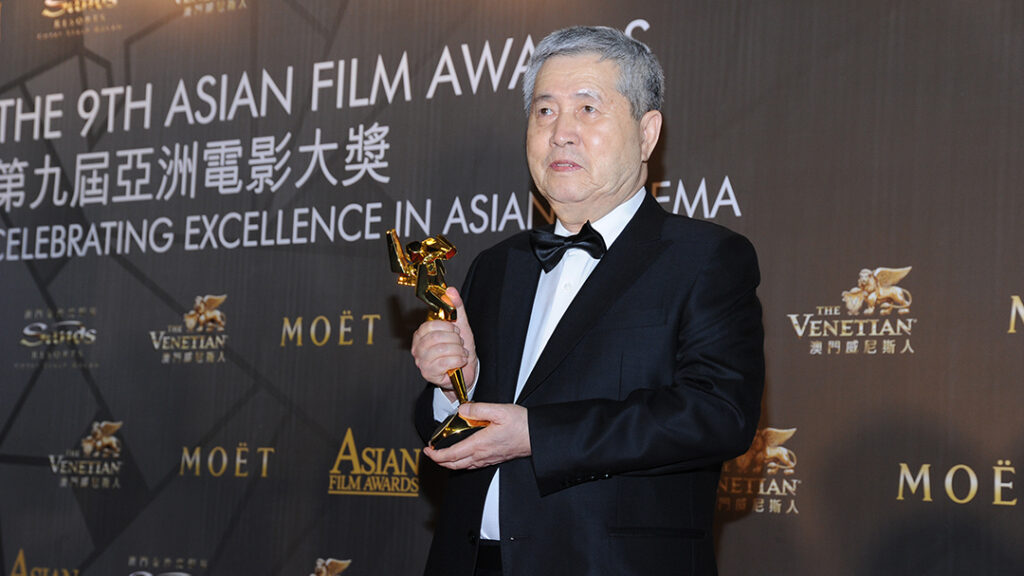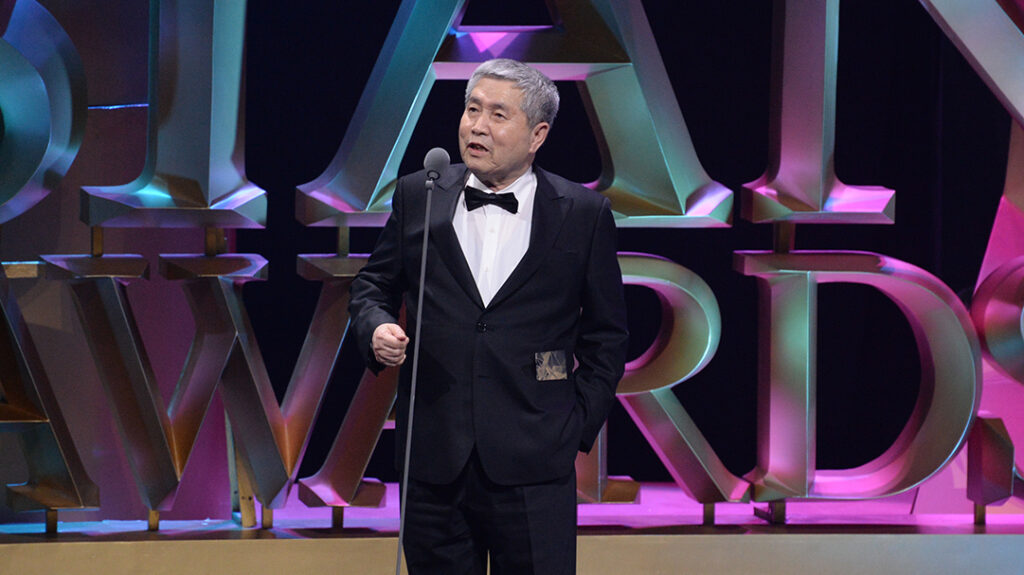
イム・グォンテク
Lifetime Achievement Award
Director Im Kwon-taek is revered as the godfather of Korean cinema. Already with an oeuvre of over a hundred films across different genres, he is still active in a career that has spanned over half a century. His achievements have been recognized with awards from around the world including a French Légion d’honneur, a Fellinin Medal from UNESCO and recognition from many international film festivals. All these honors have distinguished him as a major artist, a master of cinema whose intensely Korean works have universal resonance.
Born in 1934, Im has lived through the drastic transformations of his native country reflected in his filmography which bears the imprint of Korea’s political and cultural transitions. He started in the film industry in Busan in the 1950s as an apprentice on commercial film sets. He made his directorial debut in 1962 with an action war film called Farewell to Duman River. Its favorable local box office kicked off his busy career – at times he was making as many as eight films a year in different genres. By 1973, he had made around 50 films but the took a turn that year with his realist film, Weeds. From there, he wanted to start producing works that were, as he said, “full of life.” His subsequent films closely examine the history and identity of the Korean people against the waves of foreign invasions and influences, as well as the human condition in face of difficult contradictions in Korean society. His serious works are also known for their economy of shots and beauty of editing. Exemplified by his films The Genealogy (1979), Sopyonje (1993) and Chihwaseon (2002), he was able to highlight Korea’s traditional values and arts, and explore their relevance to the present. The development of his style and the expression of his deep concerns shown in these works elevated not only his career, but also that of Korean cinema.


In 1981, Im made Mandara, a film about two Buddhist monks. Eschewing commercial style and convention, the film won critical acclaim and achieved popular success. Mandara helped introduce Im to overseas audiences and gradually, many of his major works became widely appreciated for their integrity and artistry, receiving accolades worldwide while making important creative breakthroughs. Notably, Gilsotteum (1985) and The Tae Baek Mountain (1994) were invited to compete in the Berlin International Film Festival. The Surrogate Mother (1986) won Korea its first-ever award at the Venice Film Festival with Kang Soo-yeoun as Best Lead Actress. Sopyonje was a box-office milestone as the first local film to record over a million admissions in Korea. Chunhyang (2000) became the first Korean film to compete in Cannes and two years later Chihwaseon earned Im and Korea its first Best Director prize at the festival. All these achievements distinguish Im as a poneer and a major force in bringing international attention to Korean cinema and the many talents with whom he worked.
Im is one of the few filmmakers of his generation to have survived a grueling industry and the turbulence of post-war Korean society. It is a testament to his creative vision and skills that, in his eighties, he still has stories to tell. His latest work Revivre (2014) is about a middle-aged man who tends to his dying wife but also fantasizes about a much younger woman. With astonishing freshness, astute observation and deep honestly, the film succinctly describes the sensibilities of present-day urbanites. Im’s films are both timely in their accounts of human behavior, and timeless in their profound understanding of human nature – a combination that renders his work forever new. He literally makes things revivre.
